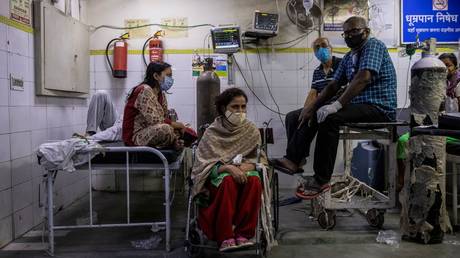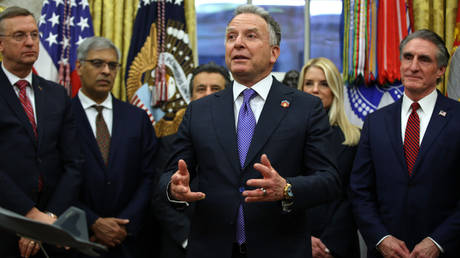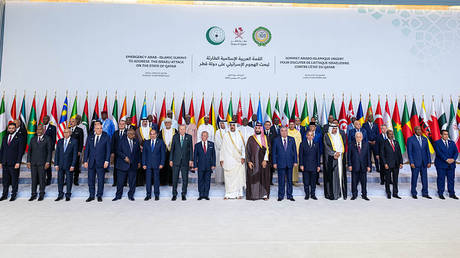
From Monday night, the Indian capital will be under a strict lockdown for six days, amid growing Covid-19 concerns. These include a lack of hospital beds and medical supplies to treat the growing number of people with coronavirus.
Delhi’s Chief Minister Arvind Kejriwal said in a public statement that healthcare services were at breaking point. He wrote that the city was “facing acute shortage of oxygen,” due to a spike in cases, and claimed that the city needed more supplies. He went on to state that “rather than increasing [medical]supply, our normal supply has been sharply reduced and Delhi’s quota has been diverted to other states.”
On the back of this, new measures are being introduced, including a six-day lockdown beginning on Monday night. It is hoped this measure will reduce the spread of the disease and allow healthcare systems to continue treating those who are sick.
In recent days, the minister had been promoting the expansion of hospital facilities. However, it appears the number of cases is increasing at an alarming rate. In fact, the number of those in India who have tested positive for the virus has doubled in the past 12 days, affecting 12.81 percent of the population, according to the latest figures. The Ministry of Health and Family Welfare reported that there were 261,500 infections and 1,501 Covid-19-related deaths on Sunday alone. This growth in cases, alongside a new, Indian double-mutation strain of the virus, is concerning the international community.
The pressure on the health service comes after international unease about the variant of Covid-19 the country is presently facing. It is unclear whether this variant can be neutralized by the current vaccine, and the government has noted that the mutation is different from any other variants of concern.
The Indian SARS-CoV-2 Consortium on Genomics wrote in the Journal of Biosciences of the danger of these kinds of mutations, which “evade the immune response [and therefore]have serious implications for vaccines and therapeutics, and can adversely impact the severity and mortality of the disease.”
The UK, US, and European nations are worried about additional mutations adding stress to their respective healthcare systems. These countries are now considering travel restrictions on arrivals from India, similar to the two-week travel ban already implemented by Hong Kong.
In response to the mutation, the Ministry of Health and Family Welfare has begun to introduce “increased testing, comprehensive tracking of close contacts, prompt isolation of positive cases and contacts, as well as treatment as per the national treatment protocol.”
Think your friends would be interested? Share this story!




